On the evening of May 31, in Hanoi , Minister of Agriculture and Rural Development Le Minh Hoan chaired a meeting with industry associations on the new EU Regulation on preventing and combating deforestation and forest degradation.
Speaking at the meeting, Mr. Nguyen Nam Hai, Chairman of the Vietnam Coffee and Cocoa Association, said: Coffee is a large and stable export item to the EU, currently accounting for about 42% of Vietnam's annual coffee export output. Therefore, to stabilize and not fluctuate the market share of coffee exports to the EU, the Vietnamese coffee industry needs to comply with the regulations against deforestation and forest degradation approved by the European Council and effective from May 16, 2023.
This EU regulation will ban the import of agricultural products including: Coffee, palm oil, soybeans, wood, livestock, cocoa, rubber and some derivative products produced on land originating from deforestation and forest degradation since December 31, 2020 from countries entering the EU. Currently, most of the consumers and buyers of Vietnamese coffee for export are large corporations: Nestle, JDE, Newman, Louis Dreyfus... The official implementation time of this EU regulation will be applied at the end of 2024.
Regarding the regulations on agricultural products, including coffee from the EU's fight against deforestation and forest degradation - This is a challenge and also an opportunity for the Vietnamese coffee industry to affirm its reputation and build its brand. However, Vietnam currently has about 1.3 million coffee-growing households, most of which are only 0.5 hectares or less in 11 coffee-growing provinces. This area is actually legal, not planted on land due to deforestation and forest degradation, but in reality, proving the origin according to regulations is not easy.
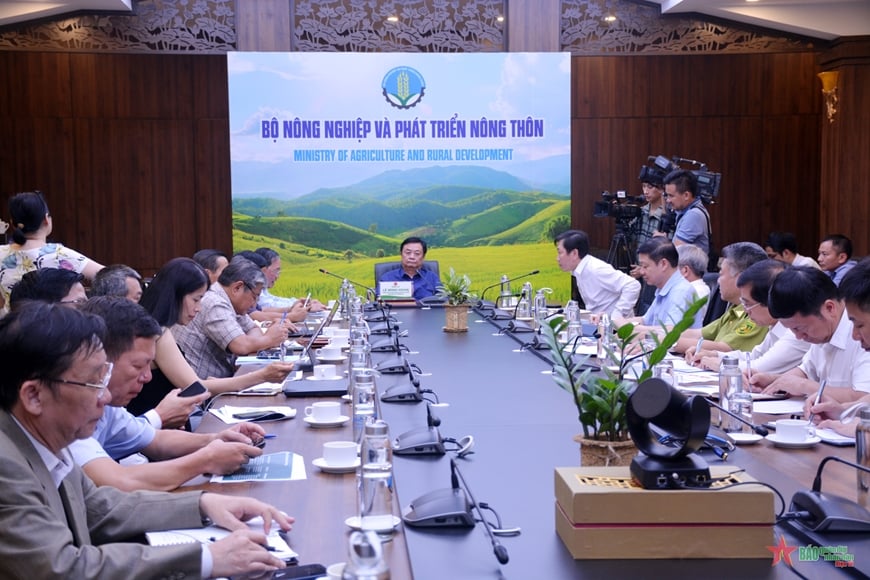 |
| Overview of the meeting on the evening of May 31. |
According to Mr. Vo Hoang An, Vietnam Rubber Association: Rubber trees must be planted for 7 years before they can be harvested for latex. Therefore, all rubber areas that have been and are currently being harvested were planted before the EU's regulations on preventing deforestation and forest degradation from December 31, 2020. Currently, the total rubber area of the country is 930,000 hectares.
Concluding the meeting, Minister Le Minh Hoan emphasized: The EU's regulations on combating deforestation and forest degradation for agricultural production, including coffee, are an opportunity for us to restructure agricultural products, especially coffee, for sustainable development. The requirement for traceability and transparency of agricultural product origin is an inevitable requirement from the market, including the EU market. Minister Le Minh Hoan also requested the Department of International Cooperation (Ministry of Agriculture and Rural Development) to promptly submit to the Minister an Action Framework to implement this EU regulation. In the Action Framework, it is necessary to emphasize promoting communication so that competent agencies and farmers clearly understand the EU's regulations on combating deforestation and forest degradation in agricultural production, including coffee. In particular, the Action Framework must clearly define the responsibilities of the Ministry of Agriculture and Rural Development, authorities at all levels and people to implement EU regulations. We must change ourselves to build brands and quality of agricultural products, including coffee products in particular.
News and photos: NGUYEN KIEM
Source






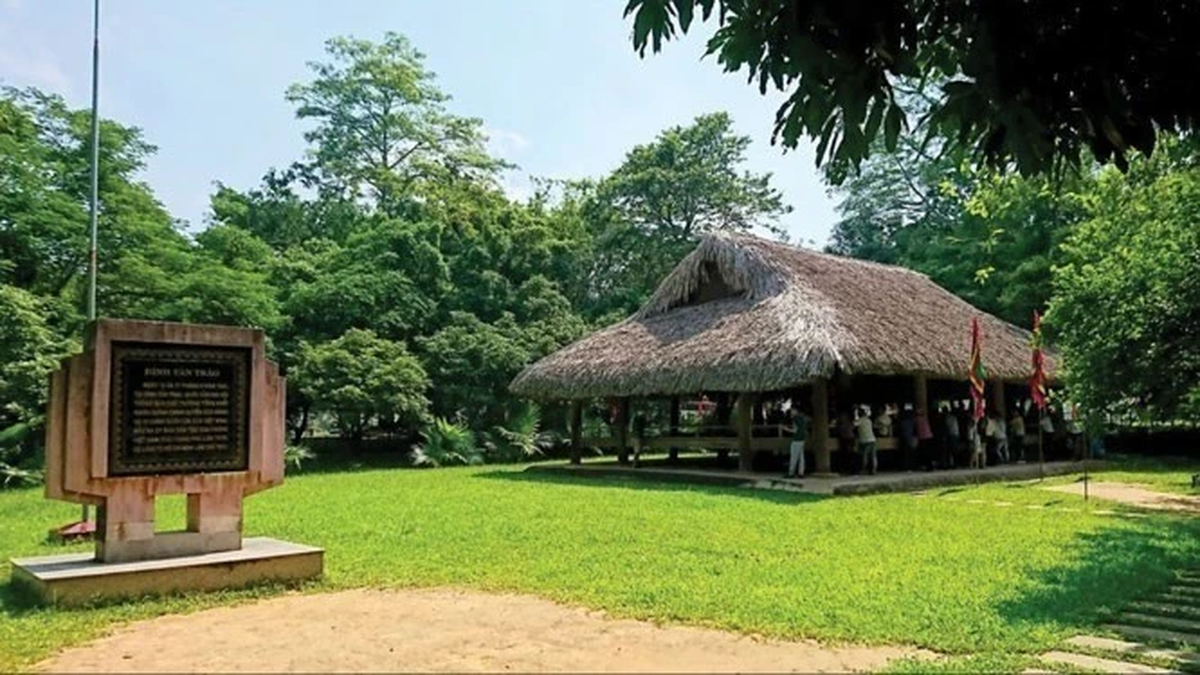

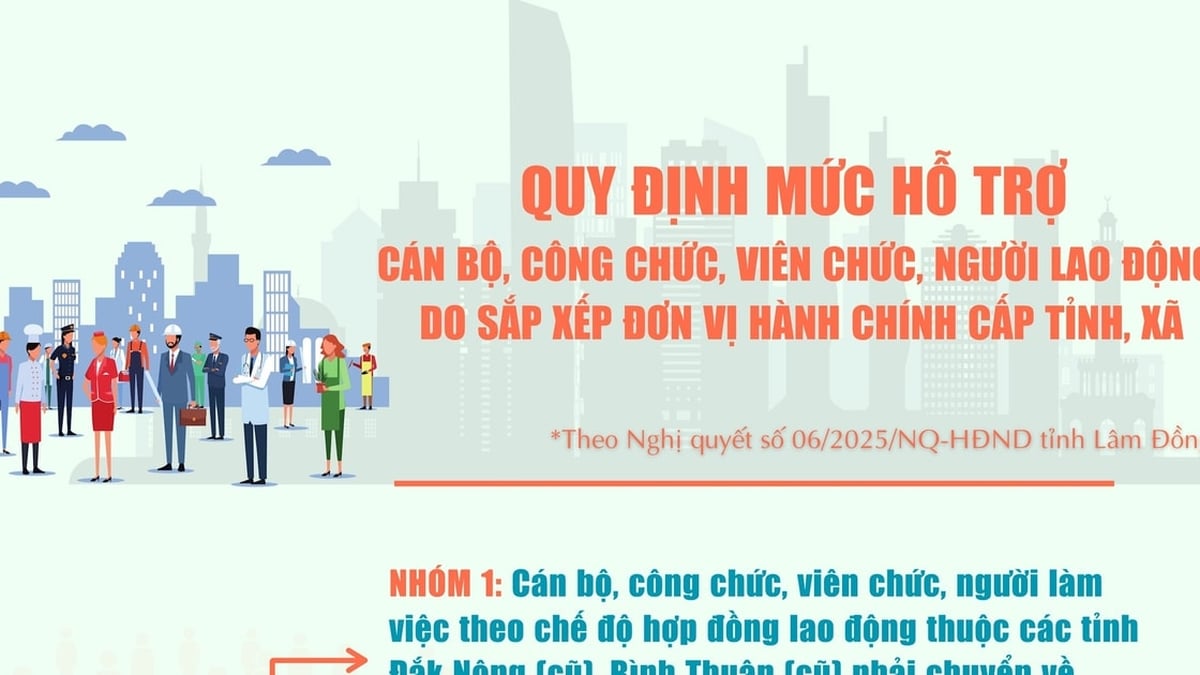




















































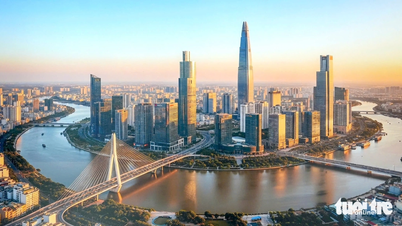

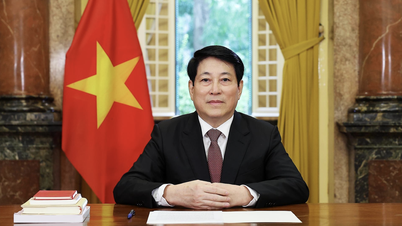



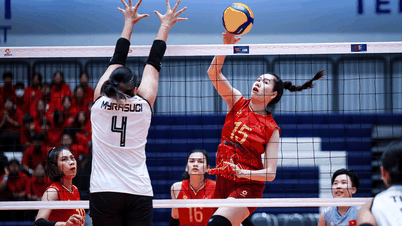
































Comment (0)